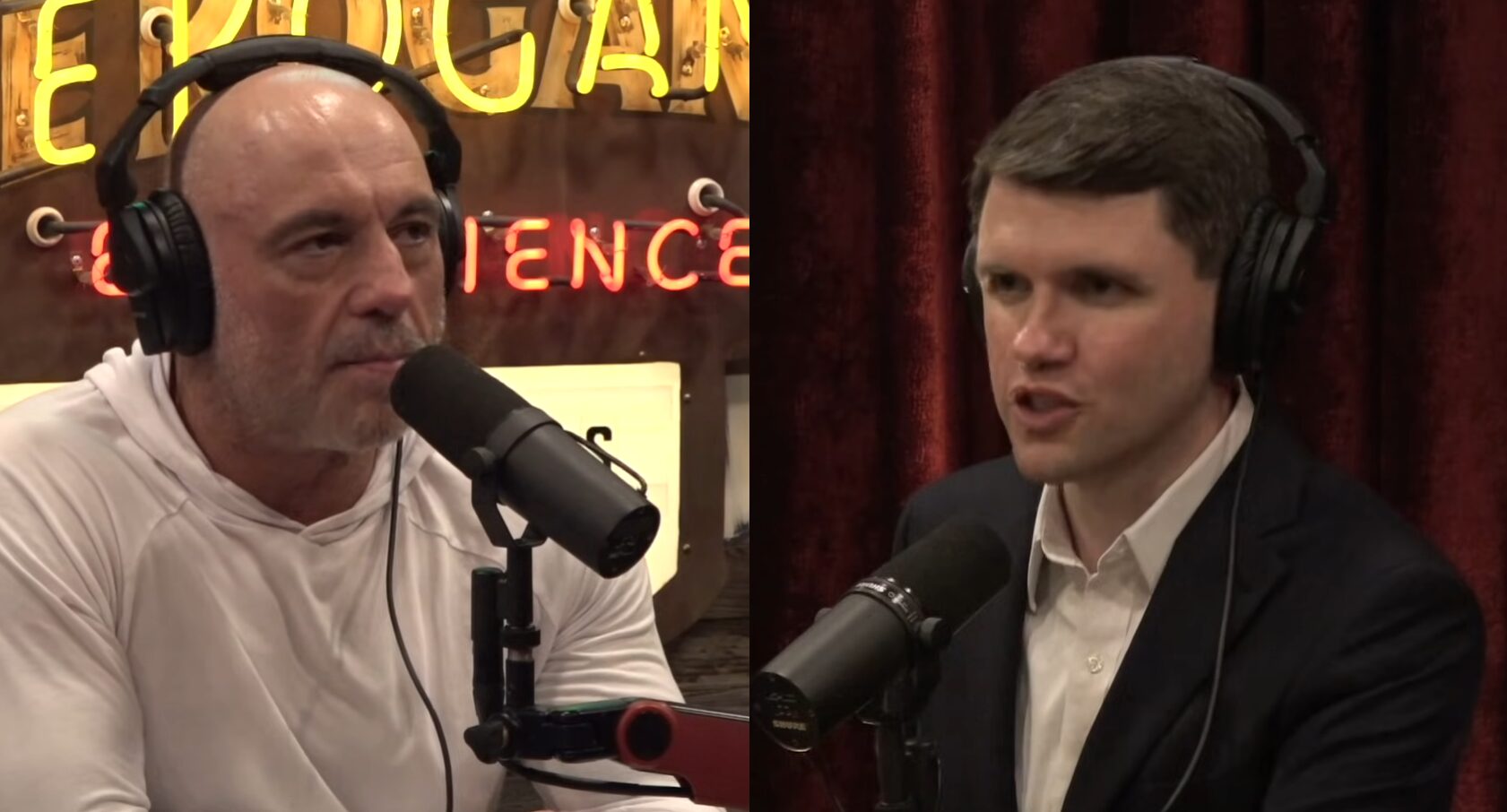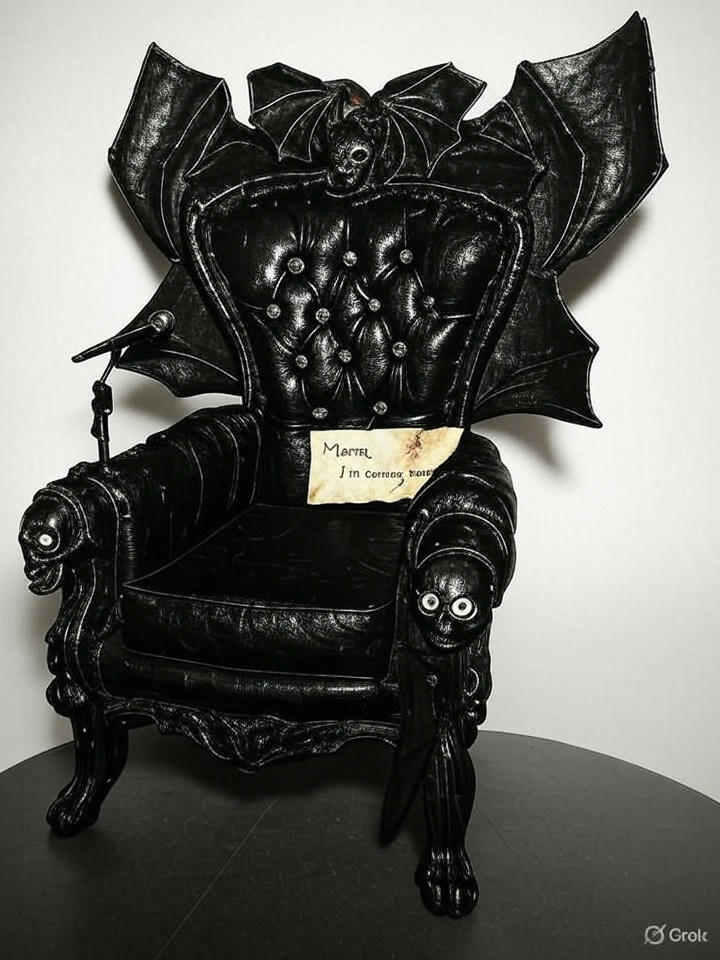The Texas State Capitol, a dome of white granite rising above Austin, is a place built for hard lines. Democrats on one side, Republicans on the other. But inside its chambers, State Representative James Talarico, a young Democrat and a Christian seminarian, has carved out a different kind of space. His public life, deeply rooted in a past as a middle school teacher, is less about drawing lines and more about understanding the forces that shape lives in one of America’s largest states.
Talarico’s path into politics was not a planned career. It began with a deep frustration. He taught sixth-grade language arts at an underfunded Title I school on San Antonio’s west side, a vibrant but struggling Mexican-American neighborhood. His classroom, he recalls, was barely larger than a small studio, yet it held 45 students. Some sat on air conditioning units because there weren’t enough desks. It was there he met Justin, an 11-year-old boy with a history of trauma, including abandonment by his mother and a previous threat to a teacher with a knife. Talarico, in his first year, connected with Justin, seeing his sharp mind and bright personality emerge. But a few months later, Justin was permanently removed from school after a fight. The reason: the school district had cut his therapist due to $5 billion in state budget reductions. “I saw firsthand how that screwed up a kid’s life,” Talarico said. “I promised myself right then that if I ever got a little bit of power or a little bit of influence, that I would do everything I could with every fiber of my being to stop that from happening again.” That experience, he often says, became the measure for every public policy he considers.
His political identity is complicated by his faith. Talarico is a Christian, currently studying to become a minister. Yet, he has become a leading voice against efforts to mandate the display of the Ten Commandments in Texas public schools. He calls such legislation “unconstitutional, un-American, and un-Christian.” His theological argument stems from Jesus’s teachings, which, he believes, consistently focused on the outsider. Forcing a Christian symbol onto classroom walls, he argues, tells Muslim, Jewish, Hindu, and atheist children they are inferior or unwelcome. He states that if Jesus witnessed this, “he would weep for those students.” Talarico believes that a religion needing government force to be displayed is a “dead religion,” one that has lost its power to genuinely move people and now relies on micromanagement.
Joe Rogan Experience #2352 – James TalaricoThe Ten Commandments bill, passed by both legislative chambers in 2025 and signed by the governor, is, in Talarico’s view, part of a broader pattern. He points to other legislative moves: allowing schools to replace trained counselors with untrained religious chaplains, and a bill that diverted public school funds to subsidize private Christian schools. These, he contends, are examples of Christian nationalism, which he defines as “the worship of power… in the name of Christ.” He argues that the United States was founded not as a Christian nation, but as a place where all faiths, or no faith, could exist freely. The nation’s framers, he notes, were often deists, and the phrase “under God” was not added to the Pledge of Allegiance until the Cold War era.
Talarico also challenges common Christian stances on issues like abortion and LGBTQ+ rights. He argues that the religious right has, in recent decades, made these issues central to Christian identity without strong historical or biblical support. He points out that Jesus never directly addressed homosexuality, and that interpretations of Old Testament prohibitions are often based on ancient euphemisms. On abortion, Talarico offers a theological perspective rooted in Genesis, where life begins with breath, and in the story of Mary’s consent to the incarnation, suggesting that “creation has to be done with consent.” He acknowledges the complexities of the abortion debate, particularly regarding rape, incest, and threats to maternal health, and critiques Texas’s extreme, total ban, which he says has led to severe consequences for women. He questions why the anti-abortion movement does not focus more on preventing miscarriages if the concern is truly embryonic life, suggesting that the underlying motive is often control.
At the core of Talarico’s analysis is a reframing of political conflict. He sees the primary struggle not as “left versus right,” but as “top versus bottom.” He identifies two West Texas billionaires, Tim Dunn and Ferris Wilks, as key figures who, through their immense oil and gas wealth, exert significant control over the state government. These individuals, whom Talarico describes as Christian nationalist pastors with extreme views (including the belief that non-Christians should not hold elected office), fund a vast network of politicians, think tanks, advocacy organizations, and media outlets. Their agenda, he asserts, includes dismantling public education to replace it with religious schooling. Talarico argues that their efforts to create divisions and undermine trust in public institutions are intentional, designed to fragment the populace and prevent collective action that could threaten their power.
He cites a specific example: a critical flood mitigation bill that failed to pass because the Lieutenant Governor allegedly held it hostage to push through a bill banning all THC products in Texas. Talarico suggests this move, which would close hundreds of businesses and eliminate thousands of jobs, was influenced by the alcohol industry seeking to remove a competitor. Such maneuvers, he contends, show how wealthy special interests can dictate policy, overriding vital public safety needs. Furthermore, Talarico highlights the systemic barrier created by low legislative salaries (his own is $7,200 annually), which effectively limits public service to the wealthy, lawyers, doctors, or “trust fund babies,” creating a disconnect between lawmakers and the everyday struggles of working Texans.
Despite the widespread cynicism, Talarico believes a path forward exists. He sees the disillusionment felt by many, especially young people, as fertile ground for change. He champions genuine human connection and the power of listening, a skill he says he refines in his seminary training. He points to the podcast format itself as a model for fostering understanding, contrasting it with the “empty calories” of social media, which he believes are designed to provoke conflict for profit. Talarico advocates for the Christian teaching of “love your enemy” not just as a moral ideal, but as a practical strategy in politics. He recounts how building a relationship with a conservative Republican colleague, James Frank, allowed them to find common ground on issues like importing cheaper prescription drugs from Canada, demonstrating that progress is possible when relationships transcend partisan divides.
Talarico remains in the Texas House, but his long-term goal is to enter full-time ministry. He believes there is a critical need for moral clarity in political discourse, a role he feels faith leaders can uniquely provide. His journey, from a frustrated teacher to a legislator challenging entrenched power, offers a blueprint for how individuals, guided by principle and a commitment to human connection, can seek to reshape the systems that govern their lives. His fight, he suggests, is a testament to the idea that even in the face of overwhelming odds, the collective power of people, when united, can indeed shift the status quo.
*Amazon affiliate, I may earn a commission.









Leave a Reply